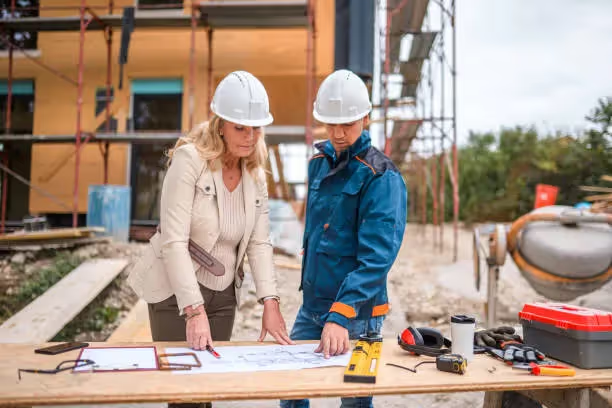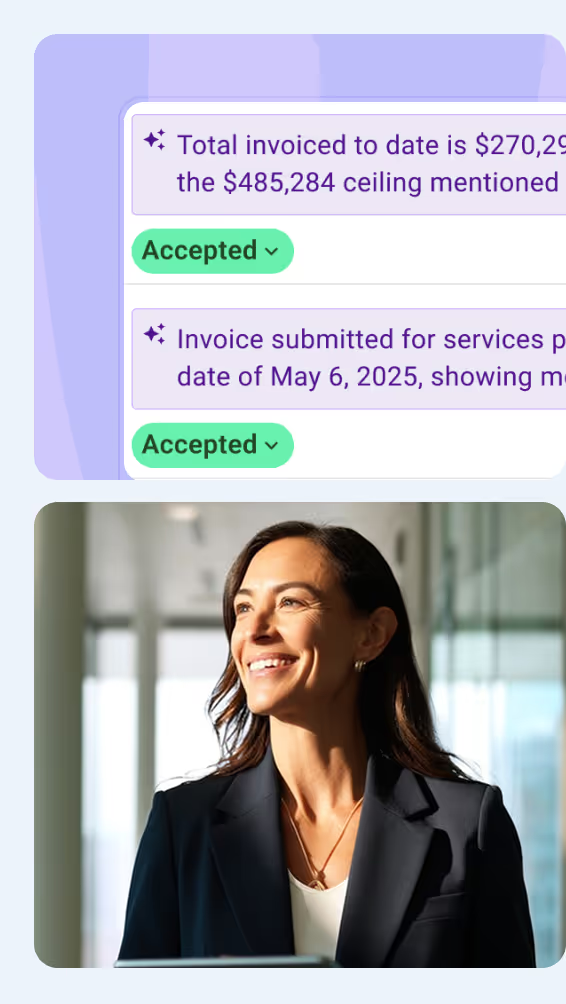Anyone who's ever overseen a major construction or infrastructure project understands the absolute whirlwind of coordination and administration involved. From keeping track of tight budgets and deadlines to meeting complex construction regulations and ever-shifting stakeholder demands, the project coordinator is the unsung hero who keeps bedrock activities on track!
But what makes a truly exceptional project coordinator in this demanding industry? This article dives into the must-have skills that separate good project coordinators from those who help construction and capital projects flourish.
Understanding the Role of a Project Coordinator
A project coordinator provides essential administrative and organizational support within capital projects. They handle vital paperwork such as budgets, purchase orders, change requests, and invoices.
They also act as a communication hub, gathering updates, consolidating information, recording meetings, and ensuring everyone involved in the project is informed of progress and changes. Additionally, they anticipate and solve problems before they become major issues and diligently track project elements to mitigate risks.
Project coordinators are crucial because they allow more senior project managers to focus on bigger-picture strategy and client relationships. They ensure the smooth flow of administrative tasks, maintaining order and predictability within complex projects. Their detailed documentation and reporting promote transparency and accountability, keeping everyone on the same page to deliver the project on time and within budget.

Top Project Coordinator Skills for Success
1. Effective Communication
Effective communication ensures that all stakeholders, from team members to investors, are aligned with the project's goals and progress. It reduces the potential for conflict and increases the efficiency of project execution.
In a construction project, a project coordinator may be needed to communicate safety standards to all workers effectively. If a new safety regulation is implemented, the coordinator must ensure that every team member is informed and trained properly, avoiding potential accidents and compliance issues. One of the many coordination tasks they must oversee!
2. Exceptional Organizational Skills
Organizational skills enable a project coordinator to manage multiple tasks efficiently, ensuring that resources are allocated correctly and deadlines are met, which is crucial in maintaining project timelines and budgets.
During a capital project, a project coordinator may handle organizing the procurement of materials, scheduling deliveries, and coordinating with subcontractors to ensure that everything is available when needed to prevent project delays.
3. Problem-Solving Abilities
Practical problem-solving skills allow project coordinators to handle unexpected issues swiftly and mitigate risks that could derail the project, thus safeguarding the project's success.
In constructing a new office building, unexpected delays due to bad weather require quick adjustment of the project timeline and resources. A skilled project coordinator must reassess the schedule and reallocate resources efficiently to keep the project on track.
4. Attention to Detail
Attention to detail in a project coordinator's administration tasks prevents costly mistakes and ensures that the project meets specifications and compliance requirements, which is critical for the project's quality and safety.
When overseeing a capital project, such as installing a new manufacturing line, a project coordinator must ensure that all specifications are communicated/updated so that workers can ensure they are being met and that installations are completed according to precise design plans to avoid operational failures. This could be as simple as updating document control so everyone works on the latest revisions or coordinating with design teams to ensure the latest regulatory updates are incorporated.
5. Technical Proficiency
Technical ability helps project coordinators use modern tools and software for better project tracking, reporting, and management, enhancing overall project control and execution.
On a large-scale infrastructure project, the coordinator uses project management software like Mastt to track project milestones, budget expenditures, and resource allocation, ensuring all elements progress according to the project plan.
6. Teamwork and Interpersonal Skills
These skills are crucial for maintaining a positive work environment and ensuring collaborative efforts among team members, which is essential for the timely and successful completion of projects.
During a multi-phase capital project, the project coordinator must mediate between different teams to resolve resource allocation and scheduling conflicts. Effective interpersonal skills ensure these discussions are productive and lead to a consensus that keeps the project moving forward.

Additional Strategies for Success
Beyond mastering the key skills mentioned above, other strategies can significantly enhance the success of a project coordinator:
- Continual Learning and Professional Development: Staying updated with the latest project management trends, methodologies, and technologies is crucial. Attending workshops, earning more certifications, and participating in relevant courses can keep a project coordinator competitive and effective.
- Effective Stress Management: Project management can be high-pressure and stressful. Developing stress management techniques such as time management, prioritization, and mindfulness can help maintain focus and efficiency under pressure.
- Networking: Building a robust professional network can provide support, insights, and opportunities for collaboration. Networking can also open doors to mentorship relationships and potential career advancements.
- Ethical Practices and Integrity: Keeping high ethical standards and integrity ensures trustworthiness and reliability in handling projects, making decisions, and interacting with team members and stakeholders.
Conclusion
The construction and capital projects industry is constantly evolving, and that means exciting opportunities for project coordinators who keep growing their skills. The ones who mastered the areas we've discussed become essential to their teams. They're the ones driving projects to success and making a real impact on their careers. So, whether you're a project coordinator or a project manager looking to build a strong team, keep these skills in mind.











